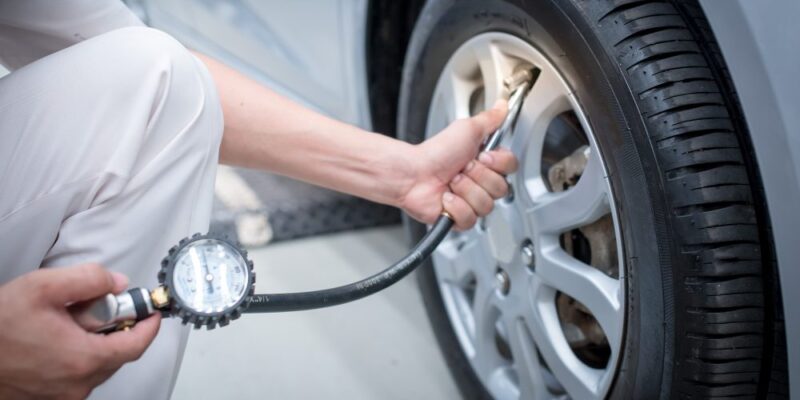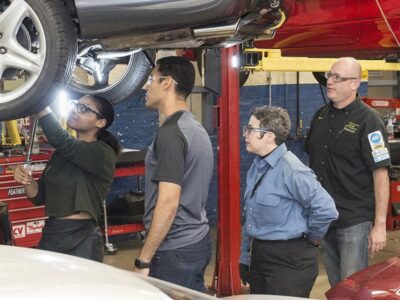Proper tire inflation is a crucial aspect of car maintenance that is often neglected. The pressure of tires, measured in pounds per square inch (PSI), plays a crucial role in the overall performance of a vehicle. While underinflated tires may appear innocuous, they can significantly elevate rolling resistance, thereby impacting both tire lifespan and fuel efficiency. Maintaining your tires at the manufacturer’s recommended inflation level can enhance performance, reduce wear, and increase safety for both passengers and drivers.
The Science of Rolling Resistance
Rolling resistance is defined as the force that counteracts a tire’s motion while it traverses a surface. A variety of factors, such as tread design, material composition, and tire structure, influence this resistance. When considering auto repair services, it is essential to recognize that tire inflation significantly influences rolling resistance. Properly inflated tires maintain their form and the area of their surface that engages with the roadway. Underinflated tires, conversely, will compress more easily and create a larger contact patch, thereby increasing rolling resistance and friction. The additional friction results in increased energy consumption, which adversely affects fuel efficiency and ultimately diminishes the vehicle’s performance. A choice for auto repair shop in Bremen, IN would be the best idea.
Impacts of Fuel on the Economy
The correlation between rolling resistance and fuel economy is of paramount importance. Insufficient tire pressure elevates rolling resistance, consequently leading to heightened gasoline consumption and increased engine effort required to sustain speed. Research indicates that underinflated tires can diminish fuel efficiency by 3% to 5%. For those who drive regularly, this can accumulate and lead to increased fuel costs. Ensuring optimal tire pressure contributes to a reduction in carbon emissions associated with fuel consumption, while simultaneously enhancing automotive efficiency.
The durability and wear of tires are significantly influenced by the stresses encountered during use, as well as the impact of rolling resistance, which can ultimately reduce their lifespan. Insufficiently inflated tires produce an elevated level of heat as a result of friction, thereby hastening tire deterioration and heightening the likelihood of tire failure. Given that inadequate tire pressure can lead to uneven wear and premature tire replacement, it is essential for drivers to consistently monitor and uphold proper inflation levels. Conversely, tires that are properly inflated exhibit uniform wear across the tread, thereby extending their longevity and reducing replacement expenses.
Essential Safety Considerations to Keep in Mind
Proper tire inflation is essential for ensuring safety, enhancing fuel efficiency, and prolonging tire longevity. Insufficient tire inflation adversely affects vehicle handling and braking performance, thereby elevating the risk of accidents. Insufficient tire pressure may lead to hydroplaning on moist roadways. Ensuring proper inflation enhances vehicle control, stability, and traction, thereby contributing to a safer driving experience. Consistent monitoring of tire pressure is essential for accident prevention and the enhancement of vehicle performance.
In conclusion
Maintaining proper tire inflation is an essential practice that reduces rolling resistance, enhances fuel efficiency, extends tire longevity, and ensures safety on the road. With regular tire pressure checks and adjustments, drivers can experience considerable cost savings and improved vehicle performance over time.













Comments